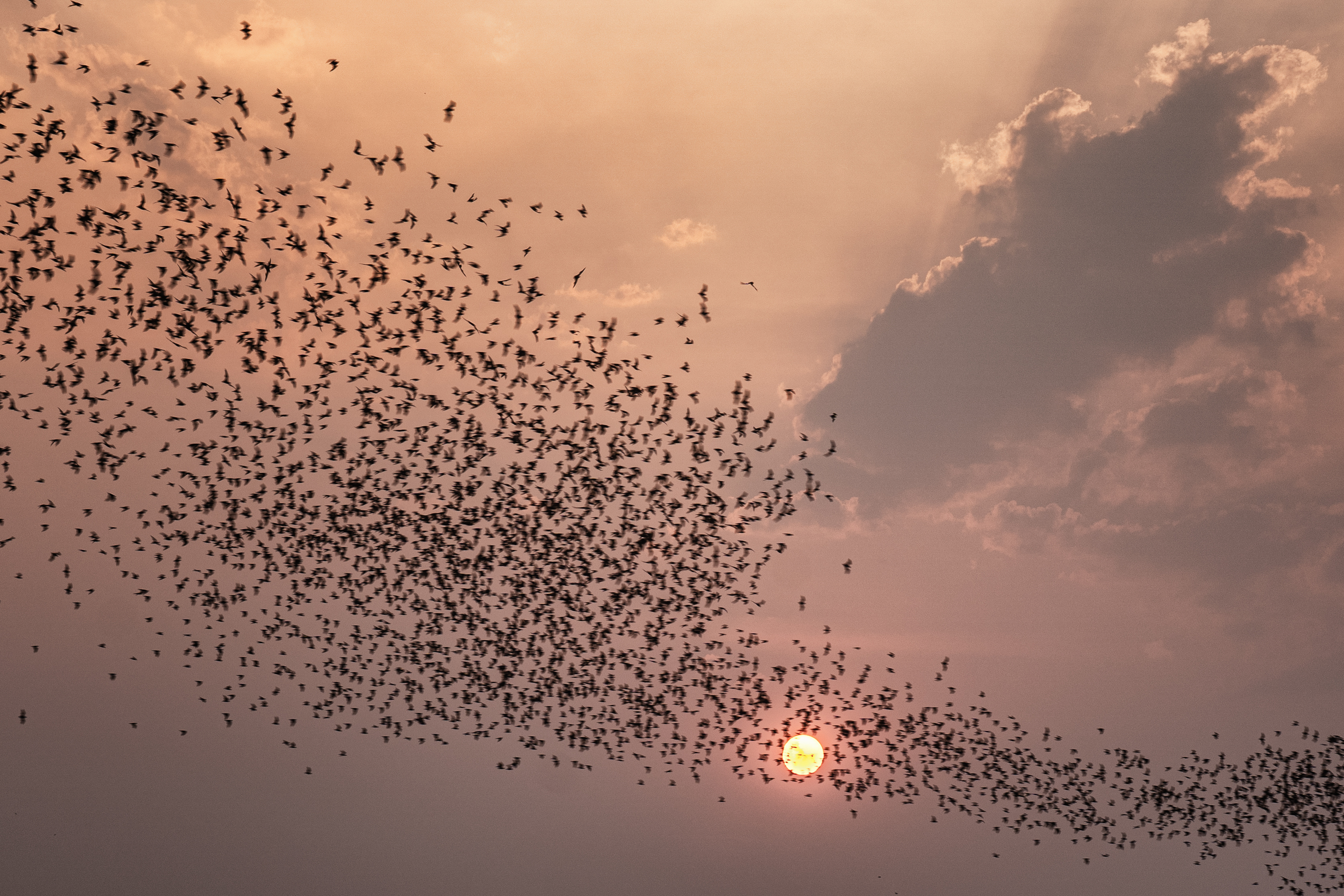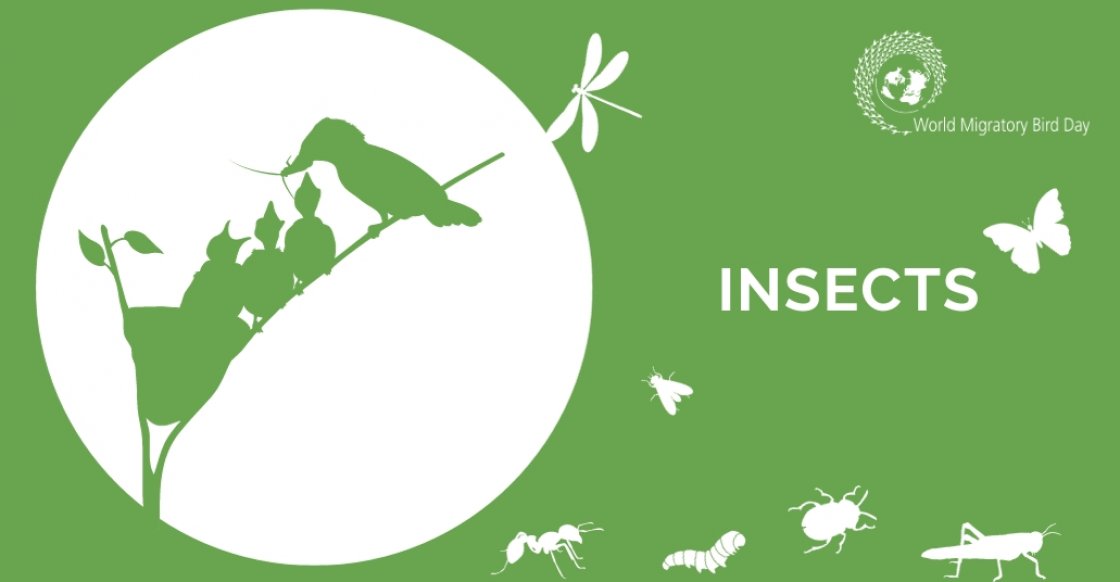The Kunming-Montreal Biodiversity Deal: an important momentum for our planet
On the 18th of December, the whole world welcomed the Kunming-Montreal Biodiversity Deal. The Deal has already been adopted by 200 countries and it has been built upon the goals and achievements of the Strategic Plan for Biodiversity 2011-2020 and other multilateral environmental agreements and it is fully aligned with the 2030 Agenda for Sustainable Development and its Sustainable Development Goals.

With the vision towards 2050, the mission of Kunming-Montreal biodiversity Framework for 2030 is clear:
“To take urgent action to halt and reserve biodiversity loss to put nature on the path of recovery for the benefit of people and planet by conserving and sustainably using biodiversity and ensuring the fair and equitable sharing of benefits from the use of genetic resources, while proving the necessary means of implementation.”.
A new fund to protect the nature
To achieve this long-term goal and preserve our nature effectively, the countries must find 700 billion US dollars.
Lina Barrera, vice president for international policy at Conservation International, said creating the new biodiversity fund is a "necessary step", but added "there is still farther to go" to close the funding gap.
One of the framework's key targets is the progressive increase of financial resources (domestic, international, public, and private), so, by 2030, 200 billion US dollars will be mobilized to develop and implement national biodiversity plans and action plans.
However, most of the fund's money will come from other sources, as developed countries only committed to directly providing $20 billion annually by 2025 and $30 billion by 2030.
The key goals of the Kunming-Montreal Framework
The agreement calls for
- 30% restoration of degraded terrestrial and marine ecosystems by 2030 and the protection of 30% of terrestrial and 30% of marine areas.
- Prevention of overexploitation and reduce the risk of pathogen spillover
- Reduction of at least 50% the introduction of invasive alien species on biodiversity
- Reduction of the overall risks from pesticides and hazardous chemicals by 50%
- Involvement of businesses and large international companies to monitor and report their risks and impacts on biodiversity adequately and take all necessary steps to minimize them
- Promotion of sustainable consumption choices to ensure that we all live in harmony with our planet
In response to the ambitious targets of Kunming-Montreal Framework, BCOMING also aims to contribute to the Global Green Goals and develop sustainable and effective biodiversity conservation strategies in the respective biodiversity hotspots engaging local communities and authorities.




